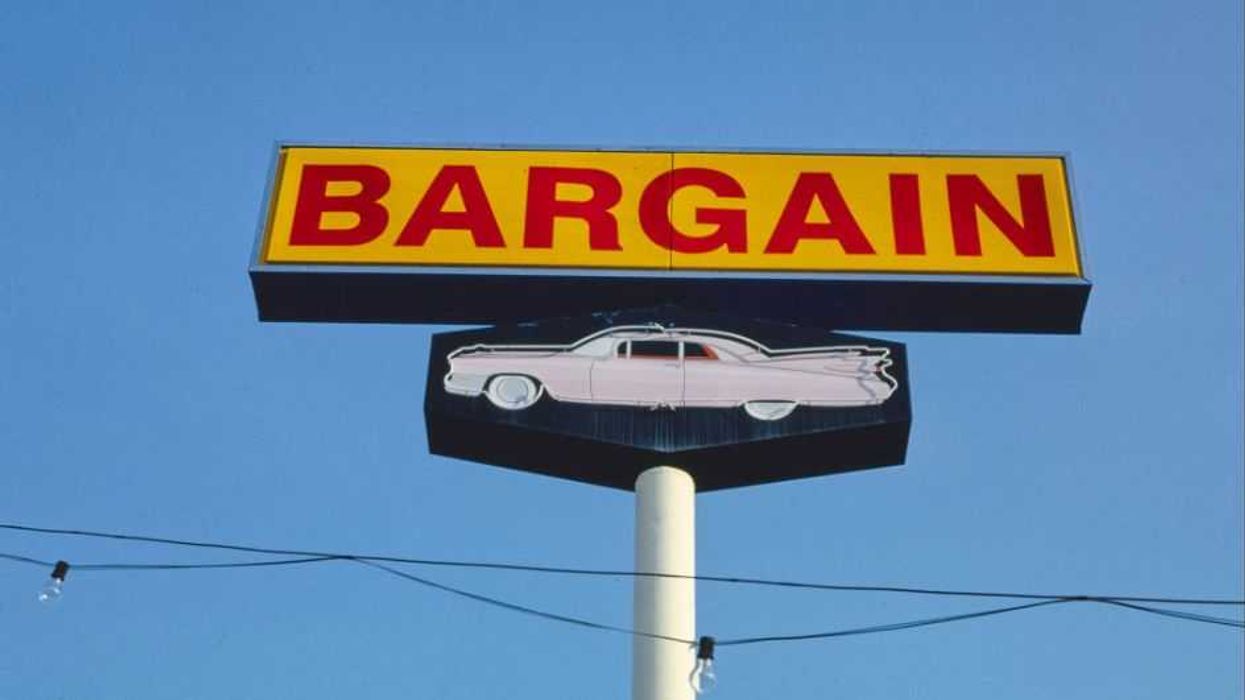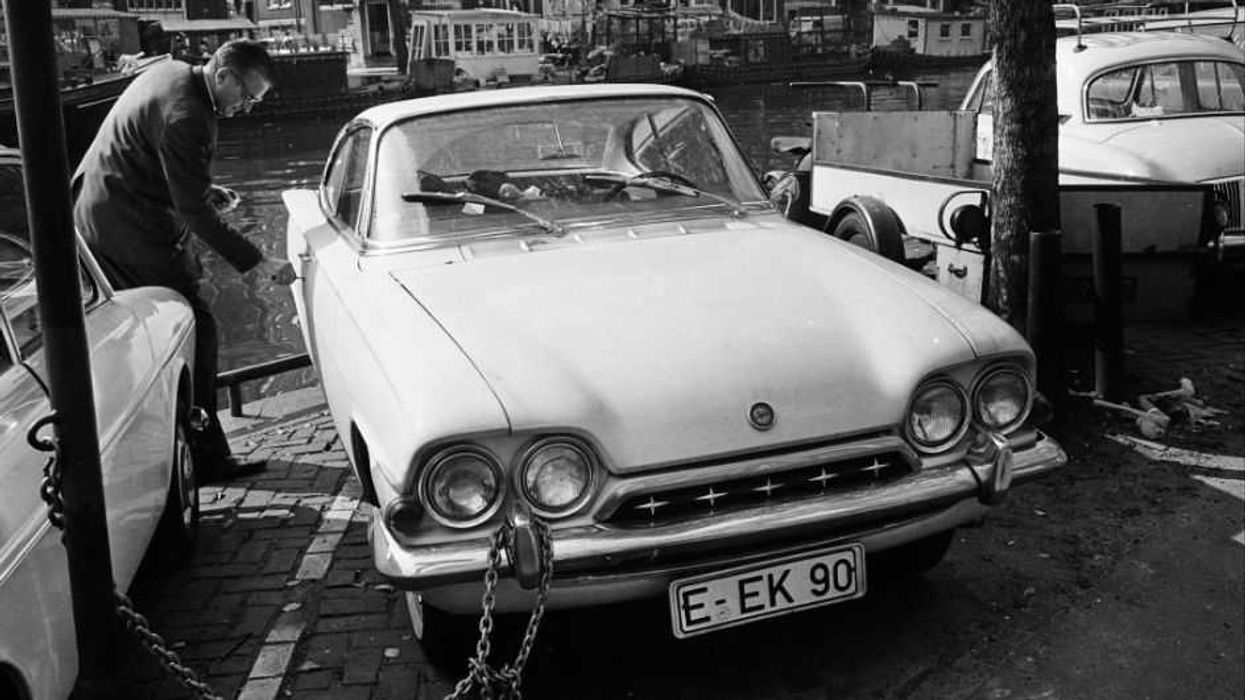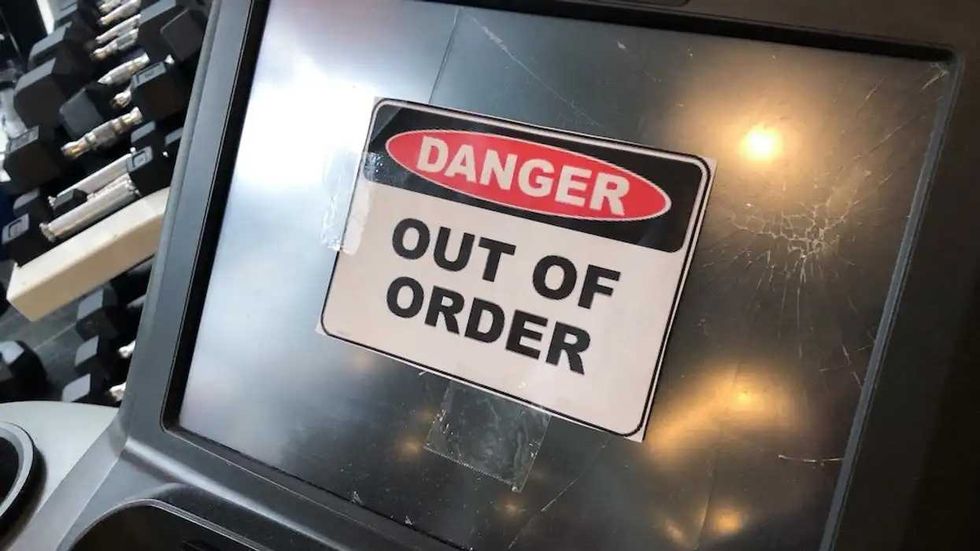
Category: The auto industry
Trading in your car? Here’s how to get the biggest payout

When you find the right new car after a long search, it can be tempting to close as soon as possible. But before you sign, there’s one question that can save — or cost — you thousands.
What should you do with your current car?
Should you trade it in at the dealership or sell it privately? It’s more than a convenience question — it’s a strategy. And with used-car prices still unsettled, the right choice can make a real financial difference.
Let’s break down what actually matters and what the dealership won’t always volunteer.
Financial fork
Most buyers can’t keep their old car when upgrading. They use it as part of the down payment. But there are two very different paths:
- Trade it in.
- Sell it privately for typically more money.
Reality check: Dealerships rarely offer full market value. They need to buy low and sell high — it’s business. Knowing that puts you in control.
If your car is worth $15,000 privately, a dealer may offer $12,000. That’s $3,000 lost — money you could use to lower your loan or upgrade trims.
Why trade-ins win
Sometimes a trade-in is the smarter move — especially in states offering a sales tax credit.
Example: Buy a $40,000 car and trade in a $10,000 vehicle. You’re taxed only on $30,000, which can save you hundreds.
If the tax break closes the gap between your private-sale price and the trade-in offer, taking the trade may be the better move. Plus, there’s no hassle: no listings, no test drives, no strangers.
The timing sweet spot
Timing matters. The best moment to sell or trade is before your factory warranty expires.
- 3 years / 36,000 miles for basic.
- 5 years / 60,000 miles for powertrain.
Cars still under warranty are easier to resell and command higher prices. If your car is paid off, clean, and under those mileage limits, you’re in the prime window.
When you owe money
You can trade in a car with an outstanding loan — but be careful. If your car’s value is less than the payoff, that’s negative equity.
Your options: pay the difference Or roll it into your new loan (not ideal).
This is how people end up upside-down for years. Avoid it by calling your lender for your payoff amount and checking your car’s true value on KBB or Edmunds.
If you have positive equity, that difference becomes your down payment.
RELATED: Quick Fix: What’s the safest used car for my teenager?
 CBS/Getty Images
CBS/Getty Images
Watching the market
Used-car prices have swung wildly since the pandemic. The market is still strong for vehicles that are under five years old; well below 14,500 miles/year; and properly maintained.
If that describes your car, a private sale may be worth it. If not — high miles, cosmetic issues, or a soft local market — a trade-in may be the smarter, calmer choice.
Mileage and condition
Both private buyers and dealers care about the same things: mileage and condition. Before selling or trading, get the car detailed; fix small cosmetic flaws; replace worn tires or weak batteries; and gather maintenance records.
A clean, documented car always sells faster and for more.
The private sale payoff
Selling privately usually brings the highest price. But it has strings attached: writing the listing, taking photos, answering questions, meeting buyers, and handling title and payment. If that sounds like too much, a trade-in may be worth the lower price. But if you have a desirable car and the patience, a private sale can easily beat any dealer offer.
Final decision points
There’s no one-size-fits-all answer. The right move depends on your equity, your time, your state’s tax laws, your loan payoff, and your tolerance for hassle.
What matters is going in informed.
Know your numbers. Know your choices. Don’t let a dealer rush you. Done right, you can upgrade smoothly and walk away financially ahead.
Bottom line: Do your homework, understand the trade-offs, and choose the path that keeps the most money in your pocket.
Locked out: How Big Auto could destroy the used-car market

When it comes to replacing your daily driver, “used” is often the smartest buy. A low-mileage model from a few years back can save you real money while offering nearly all the same features. And as long as you do your homework, a well-maintained used car is every bit as serviceable as something brand new.
But that might not be true for much longer.
In states without strong right-to-repair protections, shops are already reporting cases where newer vehicles simply can’t be serviced without dealership intervention.
Automakers are steadily locking down the data that modern cars generate. If they succeed, independent repair shops, do-it-yourself mechanics — and your wallet — will feel the squeeze. The stakes are enormous: 273,000 repair shops, 900,000 technicians, and 293 million vehicles could be affected.
Stick with me. By the end of this, you’ll know exactly why the national right-to-repair movement is pushing the REPAIR Act — and why it’s worth calling your legislator today.
Gatekeeping data
For decades, car repair was straightforward. The OBD-II port — standardized in 1996 — gave shops and owners direct access to diagnostic data. That openness fueled competition, kept repairs affordable, and protected your right to choose who services your car.
Today’s vehicles are computers on wheels, containing hundreds of microprocessors and dozens of electronic control units. And instead of sending data through that familiar port, cars now stream diagnostics wirelessly through telematics systems. In 2021, half of all vehicles already had this capability. By 2030, McKinsey projects 95% of new cars will be fully connected.
Here’s the problem: That wireless data goes straight to the manufacturer. They become the gatekeeper — deciding who gets access, at what time, and for what price.
Independent shops get shut out or forced to pay steep fees for limited information. Consumers get funneled back to dealerships. And while telematics can offer real benefits — remote diagnostics, predictive maintenance — those perks mostly stay inside the dealership network when automakers control the data.
Drivers pay the price
When manufacturers monopolize data, drivers pay the price.
- Higher repair costs: Independent shops must buy expensive, manufacturer-approved tools or subscriptions — or they can’t complete repairs at all.
- Fewer options: Your trusted neighborhood shop may be unable to work on newer models, leaving you with dealership-only service.
- Privacy erosion: Every drive generates information on your habits, location, and behavior. Automakers routinely share or sell that data to insurers, advertisers, and third parties — often without clear consent.
In states without strong right-to-repair protections, shops are already reporting cases where newer vehicles simply can’t be serviced without dealership intervention.
The aftermarket fallout
Independent repair is a massive economic engine. Cut off their access to data, and the ripple effects are huge:
- Aftermarket parts makers struggle to design compatible components.
- Innovation slows.
- Dealers gain monopolies on everything from diagnostics to repairs.
- Wait times increase while prices rise.
Voters have noticed. Massachusetts passed a telematics right-to-repair initiative in 2020 with 75% approval. Maine followed in 2023 with 84%. Those wins matter — but a patchwork of state laws won’t protect drivers nationwide.
Enter the REPAIR Act
Industry groups — including the Auto Care Association, MEMA Aftermarket Suppliers, and the CAR Coalition — are backing the REPAIR Act (H.R. 906). It’s not radical. It simply updates consumer rights for the connected-car era.
Four core principles drive the bill:
- No artificial barriers to repair or maintenance.
- Owners and their chosen shops get direct access to vehicle-generated data.
- No manufacturer can mandate proprietary tools or dealer-only equipment.
- A stakeholder advisory committee keeps the rules current as technology evolves.
The act restores choice. You can repair your own vehicle — or choose any shop you trust. It bans anticompetitive behavior like withholding service information or requiring dealer-exclusive parts. And crucially, wireless data must be shared through secure, standardized, owner-approved channels.
NHTSA and the FTC would set cybersecurity rules. Consumers would receive clear data-sharing notifications. And if manufacturers abuse the system, the FTC can act fast.
RELATED: Right-to-repair sweetens McFlurry but sours when lives are at stake
 400tmax via iStock/Getty Images
400tmax via iStock/Getty Images
Skimp my ride
Without the REPAIR Act, the used-car market collapses into uncertainty. Vehicles that require dealer-only repairs will lose value quickly. Planned obsolescence accelerates. And as cars become fully connected, the familiar OBD-II era winds down.
A car you buy in 2025 could be effectively “dealer-locked” by 2030.
Manufacturers argue they need total control for cybersecurity. But secure, standardized data access — the model used globally — proves you can protect vehicle integrity without destroying competition.
The aftermarket already has a workable framework: encrypted data, authenticated access, owner permissions, and interoperable platforms. It’s practical, safe, and ready today.
The price of inaction
Without federal action:
- Repair costs rise 20%-50%.
- Independent shops close.
- Innovation dries up.
- Consumer privacy evaporates.
- The used-car market contracts.
The REPAIR Act reverses all of that. It creates a fair system where manufacturers build the cars — but the aftermarket keeps them running.
Don’t wait. Act.
This affects every driver. Contact your representative and urge support for the REPAIR Act.
It protects choice, savings, and your right to repair in a digital automotive world.
Your car, your data, your repairs. That’s what’s on the line.
search
calander
| M | T | W | T | F | S | S |
|---|---|---|---|---|---|---|
| 1 | ||||||
| 2 | 3 | 4 | 5 | 6 | 7 | 8 |
| 9 | 10 | 11 | 12 | 13 | 14 | 15 |
| 16 | 17 | 18 | 19 | 20 | 21 | 22 |
| 23 | 24 | 25 | 26 | 27 | 28 | 29 |
| 30 | 31 | |||||
categories
Archives
navigation
Recent posts
- Gavin Newsom Laughs Off Potential Face-Off With Kamala In 2028: ‘That’s Fate’ If It Happens February 23, 2026
- Trump Says Netflix Should Fire ‘Racist, Trump Deranged’ Susan Rice February 23, 2026
- Americans Asked To ‘Shelter In Place’ As Cartel-Related Violence Spills Into Mexican Tourist Hubs February 23, 2026
- Chaos Erupts In Mexico After Cartel Boss ‘El Mencho’ Killed By Special Forces February 23, 2026
- First Snow Arrives With Blizzard Set To Drop Feet Of Snow On Northeast February 23, 2026
- Chronological Snobs and the Founding Fathers February 23, 2026
- Remembering Bill Mazeroski and Baseball’s Biggest Home Run February 23, 2026






